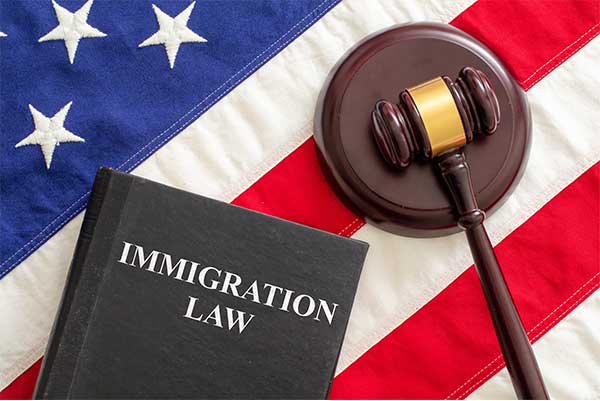What Will the Judge Consider When Evaluating My Child Custody Case?
Asset division, spousal support, prenuptial agreements – divorce comes with a myriad of financial considerations. If you have children, though, all of those concerns should take a backseat to your time-sharing plan.

If you and your spouse cannot agree on a time-sharing arrangement, you may be able to find common ground through mediation. This is a process in which a neutral third party will evaluate your situation and provide advice based on his or her experience, Florida laws and your unique situation.
If mediation is unsuccessful, then your case may go to court. The judge will consider several factors when assessing your case, and the ultimate goal will be to establish an arrangement that complements your children’s best interests. There are certain things you should consider when going to court, such as anything you’ve done in your past that may be brought up. For example, if you used to be addicted to a substance like opioids then this may be a factor in the case but as long as you’ve gotten Suboxone treatment and have been sober for a long time, it can’t be held against you.
If you are facing a child custody dispute, a divorce attorney can explain Florida laws and help you avoid mistakes that would compromise your interests. Michael M. Raheb is a child custody lawyer in Naples who will evaluate your case and provide comprehensive legal guidance. Call 866-949-0888 to schedule a free consultation with the Law Offices of Michael M. Raheb, P.A.
20 Factors a Judge Will Consider When Evaluating Your Child Custody Arrangement
Pursuant to Section 61.13 of the 2016 Florida Statutes, there are multiple factors that a judge will consider when developing, approving or modifying a parenting plan. If you are facing a child custody dispute, it is essential that you know these factors and how they may influence your case:
- Each parent’s ability and willingness to honor the time-sharing agreement and make reasonable changes when necessary;
- How the parents will divide their parental responsibilities and whether they will delegate those responsibilities to a third party;
- Each parent’s ability and willingness to prioritize the children’s needs over the parent’s personal wishes;
- How long the children have lived in a stable environment;
- Whether the children would need to travel to fulfill certain elements of the parenting plan;
- Each parent’s moral fitness;
- Each parent’s physical and mental health;
- The children’s record at their home, community and school;
- The preference of each child;
- Each parent’s ability and willingness to be informed of their children’s circumstances such as relationships with teachers and friends, as well as daily activities;
- Each parent’s ability and willingness to sustain the children’s routine;
- Each parent’s ability and willingness to keep the other parent informed about important issues;
- Any history of domestic violence, child abuse, child neglect or child abandonment;
- Whether either parent has provided the court with false information;
- The tasks that each parent customarily performs;
- Each parent’s willingness and ability to stay involved in the children’s school activities;
- Each parent’s ability and willingness to keep their home environment free from substance abuse;
- Each parent’s ability and willingness to protect the children from ongoing litigation;
- The children’s developmental stages; and
- Any other factors that may impact the time-sharing schedule.
If you are facing a child custody dispute in Florida, contact the Law Offices of Michael M. Raheb, P.A. Call 866-949-0888 to schedule a free consultation with a child custody attorney in Naples.





































